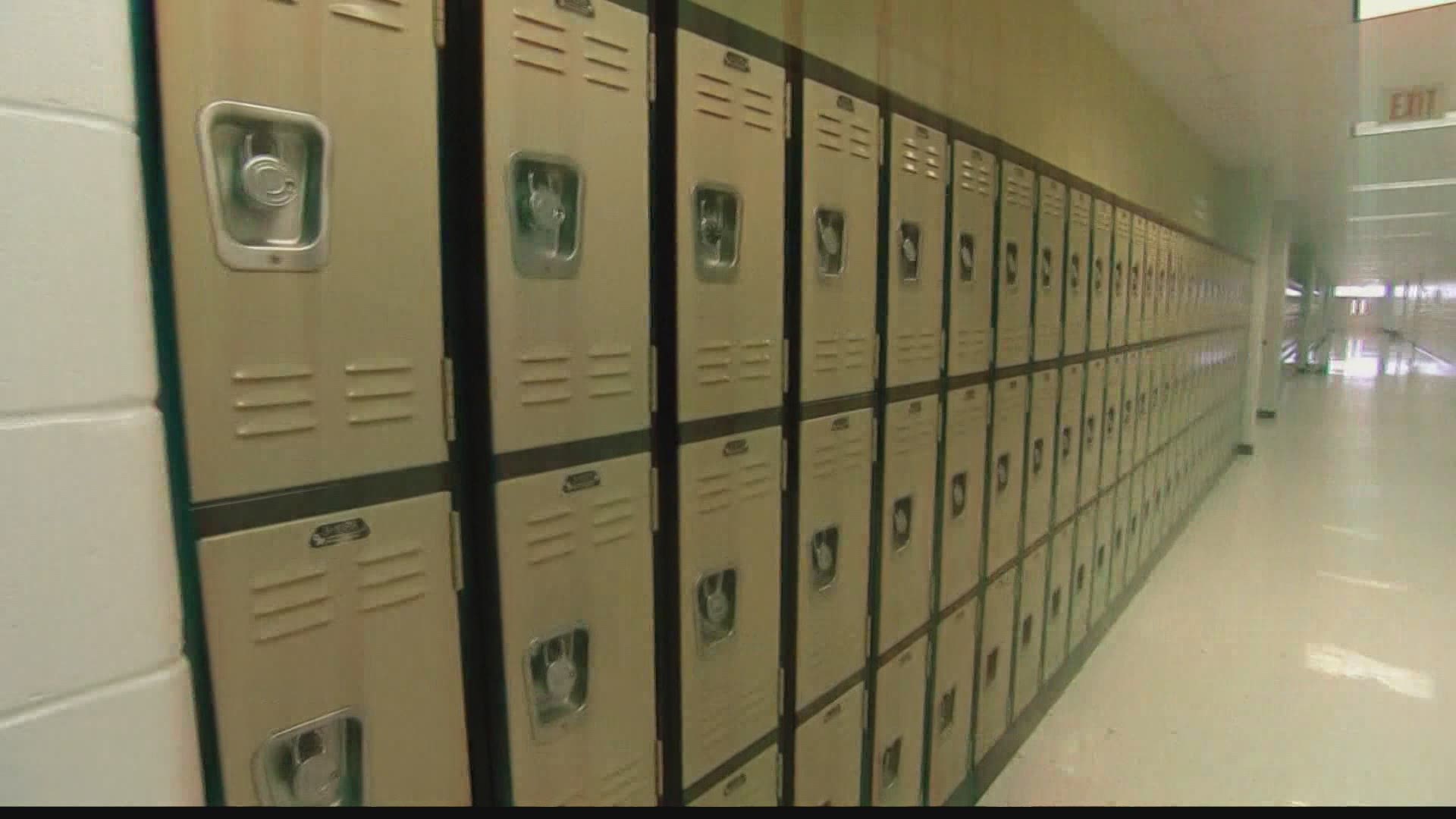GREENWOOD, Ind. — Remember sleepless nights before the first day of school when you would lie awake thinking about what to wear and wondering who you would sit with at lunch?
Now imagine being a student in 2020 who is heading back to school during a global pandemic.
Education expert Jennifer Brinker shares tips for managing your child’s anxiety as they head back into the classroom during these tough times.
Q: How much more severe do you think back to school anxiety is right now than in previous years?
Mrs. Brinker: I think it is significantly more stressful. You can’t turn on the news or scroll through your phone without seeing debates about schools reopening, masks being required, schools having confirmed cases on football teams, it seems endless. Top that with the fact that students didn’t get appropriate closure to finish out last year and I think our students have been through a traumatic experience that is important to take note of.
Q: What is your advice for managing all of this with your child?
Mrs. Brinker: The first piece of advice I would give is to monitor your own anxiety levels and be incredibly mindful of how you express those. Your child takes their cues from you on how to feel about what is happening around them. If you are constantly going on and on about your worries, they will feel that very deeply. While it is appropriate to discuss concerns with them, you have to be in an emotionally stable place yourself before you have any of those conversations with or around them. Please try to be positive whenever possible and practice kindness and empathy in your home. There are so many people being ugly to each other right now and kids will mirror that behavior as well, so make sure that you are teaching kindness by your actions.
Q: Many parents might wonder what are some signs or symptoms of stress to look out for?
Mrs. Brinker: Loss of appetite or changes in eating habits, difficulty sleeping at night, becoming withdrawn, and complaints of worry or health issues are all very common signs of situation-based anxiety or stress.
Q: As parents talk through some of the worries or concerns, are there certain techniques they should try?
Mrs. Brinker: The first step is to validate their feelings by hearing them out and not simply saying “Oh, you are fine." That only teaches them that you aren’t taking their concerns seriously. Once they state what is bothering them, a good strategy that I have found is to talk about what is possible versus what is probable. This isn’t just for COVID concerns, but keep in mind that kids will also be having worries about opening lockers, making friends, all the typical beginning of school worries. A strategy for these smaller worries I like is, “If so, then what?" The child might be worried that they will forget their locker combination. So you say, "If you do, what will happen?" They might answer that they won’t be able to get their books for class. You then ask, "If you don’t have your books what will happen?" You can see the pattern. The idea is to take them to the worst case scenario and hopefully it then feels like a manageable problem.
Q: Final advice?
Mrs. Brinker: If the stress is all related to heading back to school during COVID, you have to make the decision about what is right for your family and there are lots of options out there. I’d also add that if your child is showing signs of extreme anxiety, get them some help from a professional.
Links for mental health providers:

